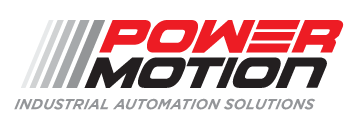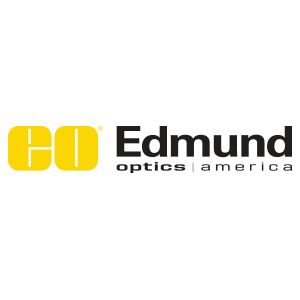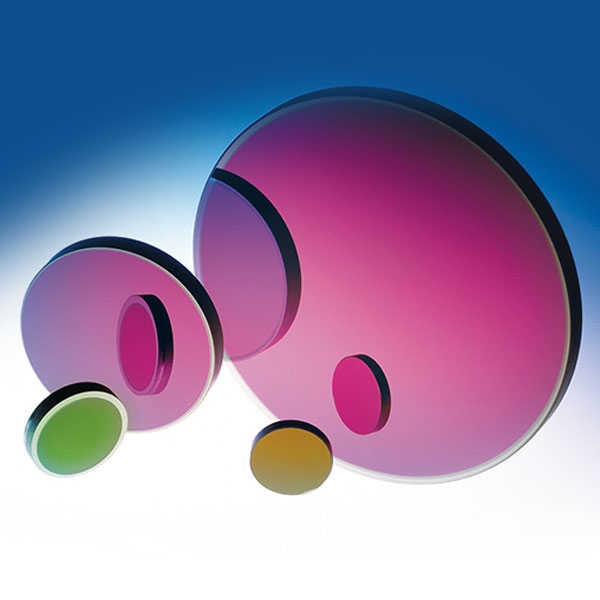Vision Lighting, Lensing & Accessories
IR Windows
IR Windows
Edmund Optics IR windows are optical windows designed for optimal performance in the infrared (IR) spectrum. They are ideal for use in FTIR spectroscopy, in addition to thermal imaging, FLIR or medical systems. Optical windows do not introduce optical magnification into a system and should be chosen based on the substrate’s mechanical or optical properties.
Edmund Optics offers ultraviolet and infrared windows in multiple anti-reflection coating or substrate options, including materials such as UV fused silica, calcium fluoride (CaF2), magnesium fluoride (MgF2), potassium bromide (KBr), sapphire, silicon (Si), sodium chloride (NaCl), zinc selenside (ZnSe) and zinc sulfide. Metalized windows are offered for soldering or bonding directly into an opto-mechanical assembly.
- Magnesium Fluoride Windows
- Barium Fluoride Windows
- Calcium Fluoride Windows
- λ/10 Fused Silica Windows
- 1λ UV Fused Silica Windows
- Sodium Chloride Windows
- Potassium Bromide (KBr) Windows
- Sapphire Windows
- Precision Sapphire Windows
- AR Coated Sapphire Windows
Metalized Sapphire Windows - Zinc Sulfide Multispectral Windows
- Zinc Selenide Windows
- Silicon Windows
- Germanium Windows
- Diamond-Like Carbon (DLC) Coated Germanium Windows
- Laser Debris Shields
- Ultrafast Thin Windows
- Uncoated Laser Window Substrates
- II-VI Optical Grade Polycrystalline CVD Diamond Windows
- Infrared (IR) Material Windows
TECHSPEC Germanium IR Windows
TECHSPEC germanium (Ge) windows are available off-the-shelf with three anti-reflection coating options: 3-5μm for mid-infrared applications, 3-12μm for broadband multispectral applications, or 8-12μm for thermal imaging applications. Due to its high index of refraction (around 4.0 from 2-14μm), an anti-reflection coating is recommended on these germanium windows for sufficient transmission in the region of interest. Germanium is subject to thermal runaway, meaning that the transmission decreases as temperature increases. As such, these germanium windows should be used at temperatures below 100°C. Germanium’s high density (5.33 g/cm3) should be considered when designing for weight-sensitive systems. The Knoop hardness of germanium (780) is approximately twice that of magnesium fluoride, making it ideal for infrared applications requiring rugged optics.
Features:
- Uncoated or with AR coatings designed for a variety of IR ranges
- Minimal chromatic aberration due to low dispersion
- Ideal for infrared applications requiring rugged optics
Magnesium Fluoride (MgF2) Windows
TECHSPEC magnesium fluoride (MgF2) windows offer excellent broadband transmission from the deep-UV to the mid-infrared. DUV transmission makes them ideal for use at the hydrogen Lyman-alpha line and for UV radiation sources and receivers, as well as excimer laser applications. MgF2 is a rugged material resistant to chemical etching, laser damage, and mechanical and thermal shock. It has a Knoop hardness of 415 and index of refraction of 1.38.
For more information on IR Windows from Edmund Optics, as well as how Power Motion can help, please contact us. We have locations in St. Louis, Kansas City and Little Rock, providing distributor and automation solutions services for Missouri, Kansas, Arkansas, Nebraska, Southern Illinois, Southern and Western Iowa, Northern Louisiana, Eastern Oklahoma and Northeast Texas. Not all products available in all areas.

